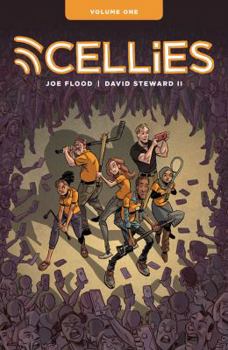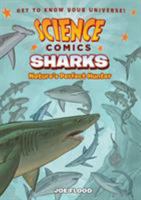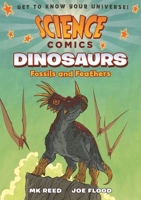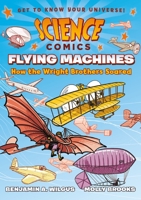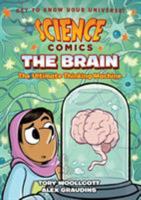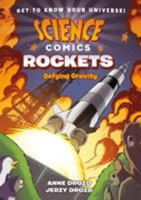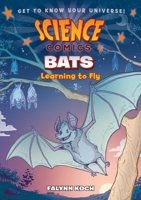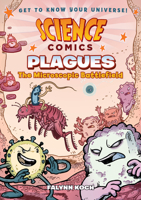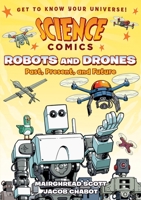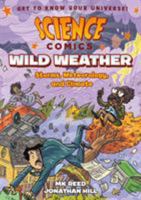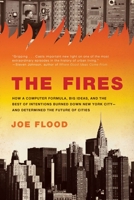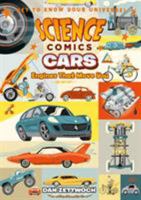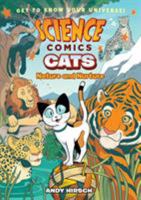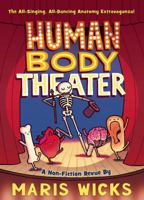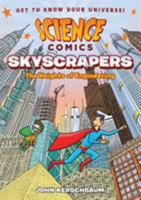Cellies, Vol. 1
FOREWORD -- A decidedly non-superhero "team book," Cellies is the fun and briskly paced story of six employees of a mobile phone retail store. Led by their gung-ho but slightly dim manager, Christian, the Jog Mobile crew attempt to manage their personal lives alongside their work commitments, which include dealing with difficult customers and managing the midnight launch of a new phone. Cellies collects the first five issues of Lion Forge's comic book series, whose central characters represent a variety of ethnicities, backgrounds, and personalities, providing fertile ground for story development. In a minor but inspired ongoing feature, the book offers short vignettes inspired by true-life retail experiences. In total, Cellies feels like a successful ensemble TV sitcom, and the book ends with a cliffhanger of sorts, as Reyhaab, a teenager from a strict religious family, faces punishment from her parents for lying to them, and Christian suffers from the effects of an overlong tanning session. Flood's clean, confident art style and practiced narrative abilities balance propelling the plot and delivering humor, while also choosing appropriate moments to hint at what's underneath the sometimes shallow exteriors of his characters; one gets the impression that there are plenty of stories left for Flood to tell in Cellies: Volume Two and beyond. This description may be from another edition of this product.
Format:Paperback
Language:English
ISBN:1941302947
ISBN13:9781941302941
Release Date:January 2019
Publisher:Lion Forge
Length:128 Pages
Weight:0.95 lbs.
Dimensions:0.4" x 6.6" x 10.1"
Age Range:14 to 17 years
Grade Range:Grades 9 to 12
You Might Also Enjoy
Customer Reviews
2 customer ratings | 2 reviews
There are currently no reviews. Be the first to review this work.










